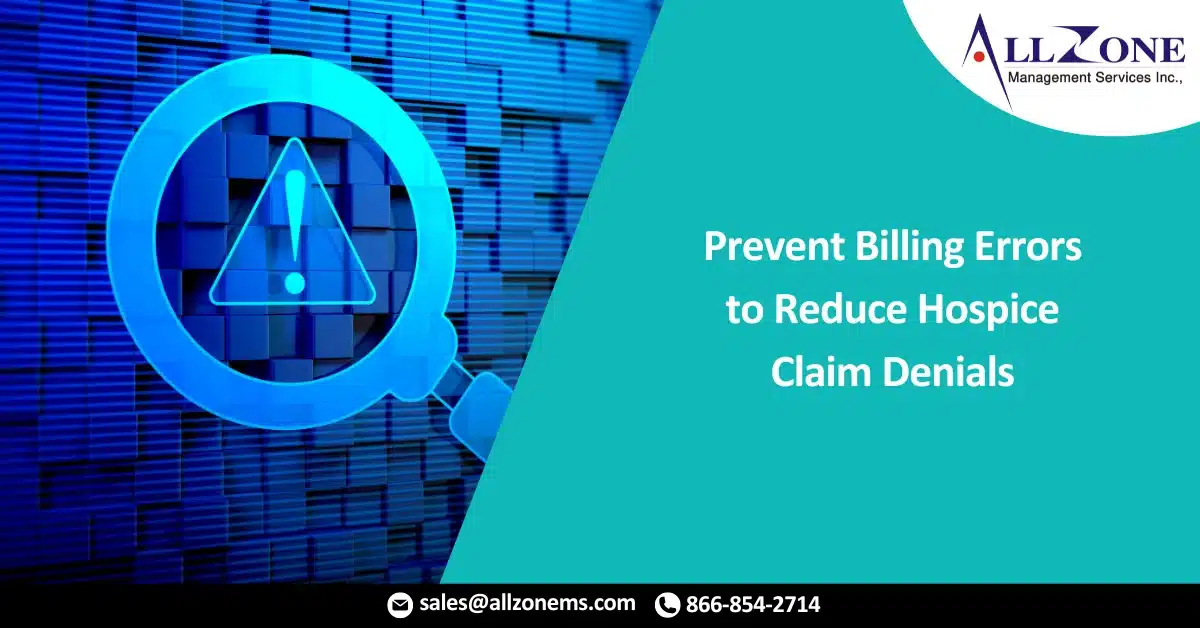Two HCPCS billing codes will allow clinical laboratories and other providers to bill for certain coronavirus lab tests and support testing and tracking of new cases. CMS recently announced the development of new billing codes for coronavirus lab tests that will enable clinical laboratories and other providers to receive reimbursement for supporting patients during the outbreak and […]
Improving the customer experience is no longer an idea that’s relegated to the retail or hospitality industries. Now, the idea has gained traction across many industries, including healthcare. For health plans, improving the customer experience and providing member-centric care helps drive member acquisition and retention and improve reimbursement (via a better STARS rating). With so […]
Several CMS-designated permanent and product-specific J-codes recently went into effect, allowing three ophthalmology-minded pharmaceutical companies to expand reimbursement through commercial and Medicare insurance plans. J-codes were activated Oct. 1 for FDA-approved products manufactured by EyePoint Pharmaceuticals, Ocular Therapeutix and Omeros. In the past, J-codes were announced once a year; now, CMS is issuing certain J-codes […]
First hand experiences from the country’s most innovative revenue cycles will be shared next month in West Palm Beach, Florida. What issues keep revenue cycle executives up at night? As the HealthLeaders’ revenue cycle editor, I will moderate discussions and hear firsthand experiences of successes, challenges, and the latest ideas coming out of the country’s most innovative […]
Hospital and health system executives should monitor these proposals for provisions that will affect their organizations’ operations. The 2020 annual rule cycle has been active for CMS. Several proposals in the outpatient prospective payment system (OPPS) proposed rule is controversial, although there is at least one provider-friendly change. Here’s a roundup of five regulatory rules […]
A comprehensive hospital claim validation strategy that prevents denials and improves efficiencies hinges on the right blend of retrospective and pre-bill reviews. The time to strengthen hospital compliance programs through claim validation is now. According to healthcare finance and information management leaders surveyed by HIMSS Media, clinical documentation and coding were the revenue cycle processes most vulnerable […]
Effective revenue cycle management can reduce hospice claim denials, particularly those associated with billing or documentation errors. In addition to slowing down payments or losing revenue, submitting inadequate or incomplete required written documentation is a sure-fire way to bring surveyors or auditors to a hospice’s doorstep. As regulators increasingly fix their eyes on the hospice space, providers […]
HIV/AIDS payments, in particular, are under the microscope. The new Patient-Driven Payment Model, or PDPM, makes radical changes to the Medicare payment model for nursing homes. One of the largest changes is the reimbursement rate for services provided to HIV and AIDS patients. In 2016, there were 15,807 deaths among people with diagnosed HIV in […]
Providers are encouraged to file protective appeals. “In section XI of the preamble of the proposed rule, we discussed the growing number of Provider Reimbursement Review Board (PRRB) appeals made by providers and the action initiatives that are being implemented with the goal to decrease the number of appeals submitted; decrease the number of appeals […]
4 Strategies For Accurate Medical Coding and Denial Prevention Payers typically deny evaluation and management codes (E/M code) on the back end of the billing process, which can cause costly reimbursement recoupments, according to Medical Economics. Four tips to avoid denials caused by inaccurate E/M levels: Make sure the E/M code supports the specific patient encounter. […]










